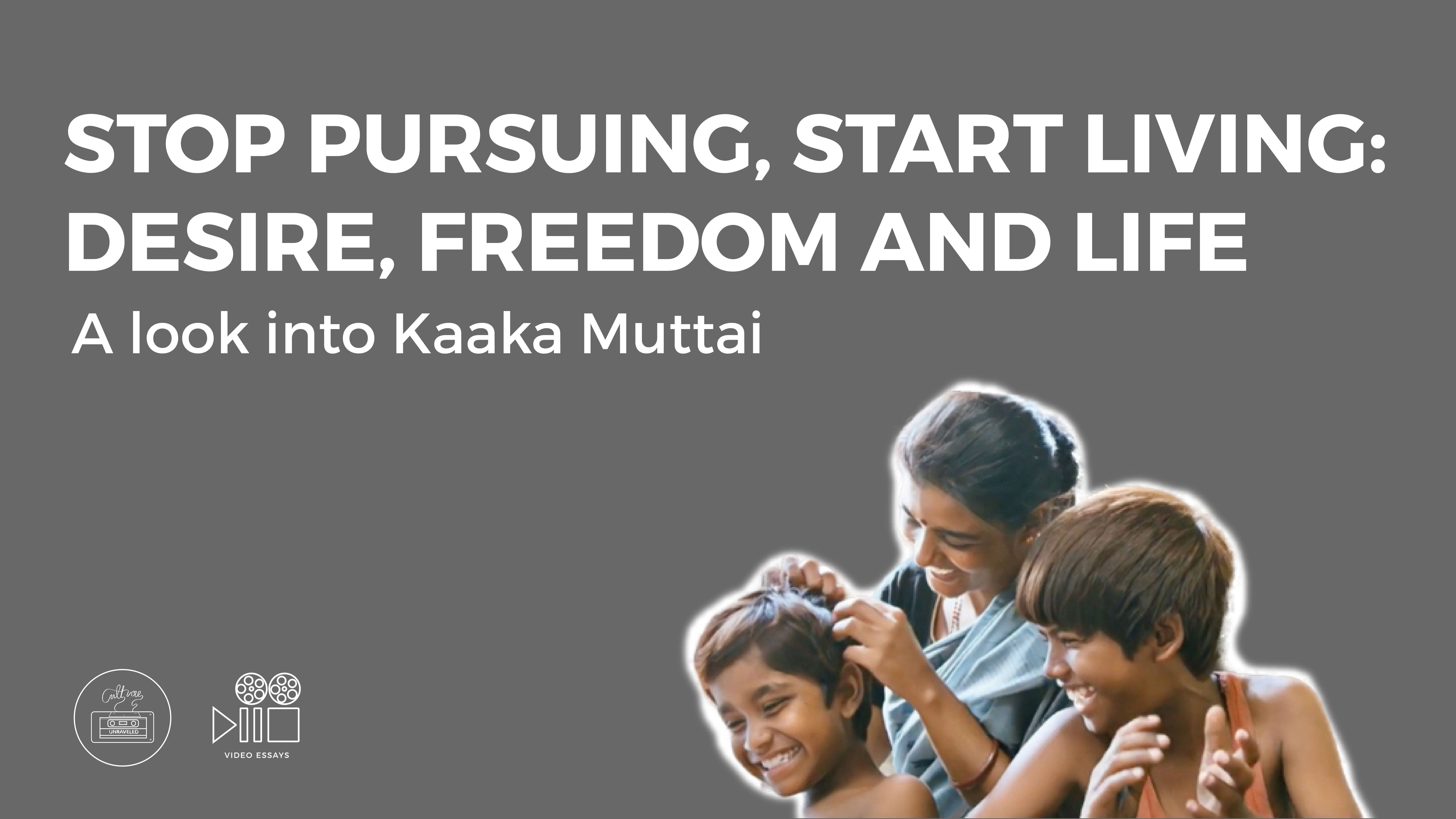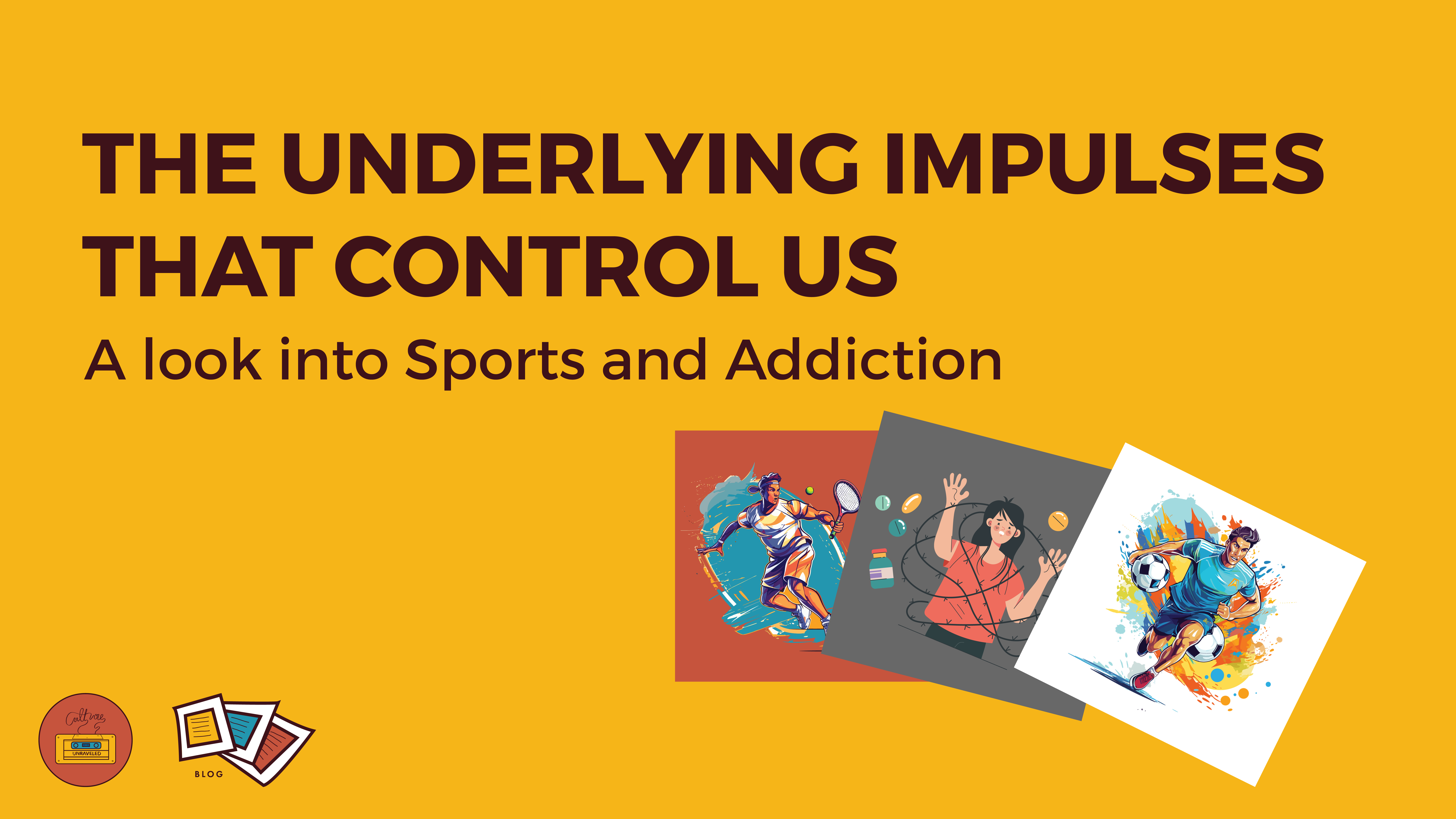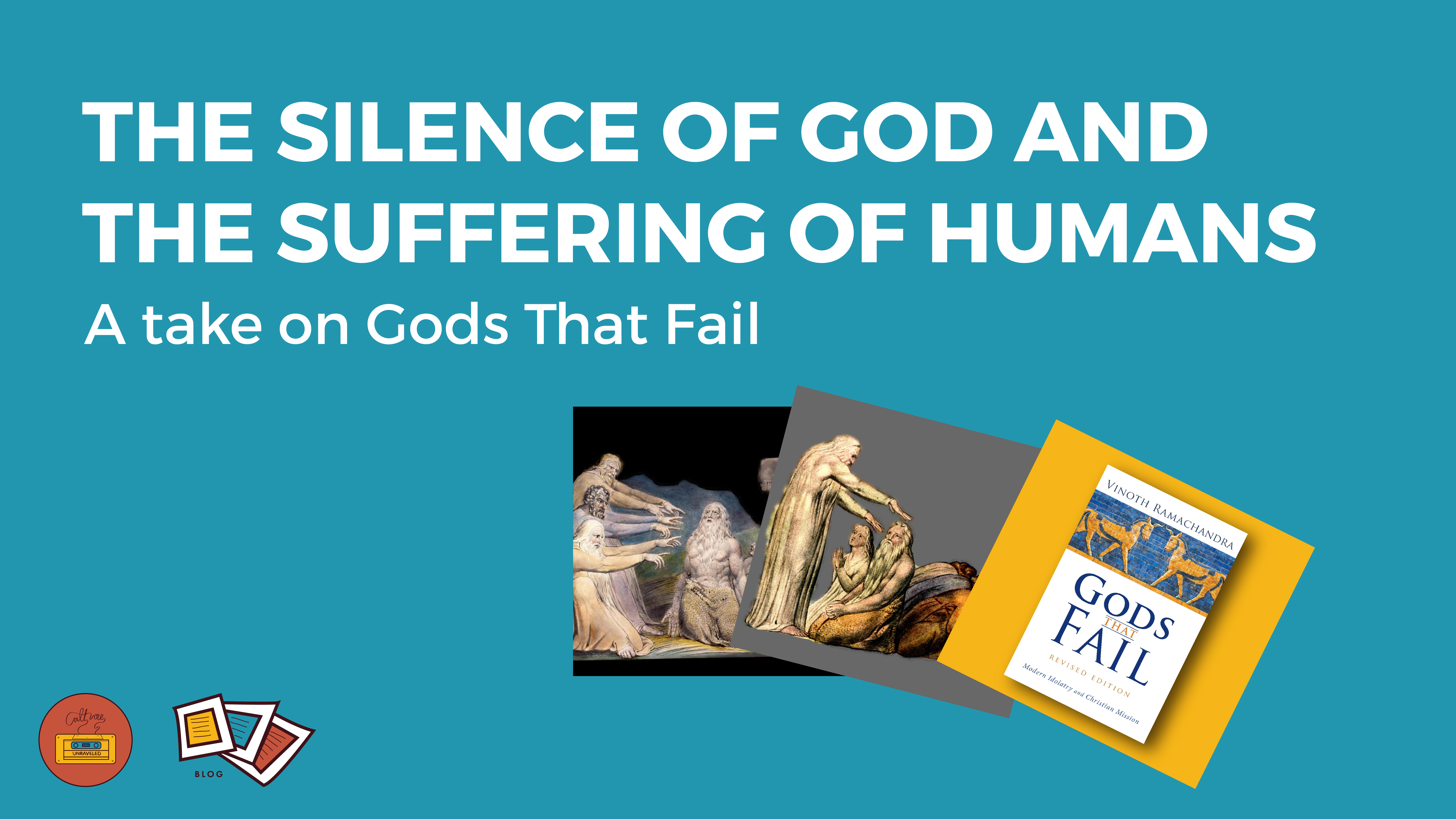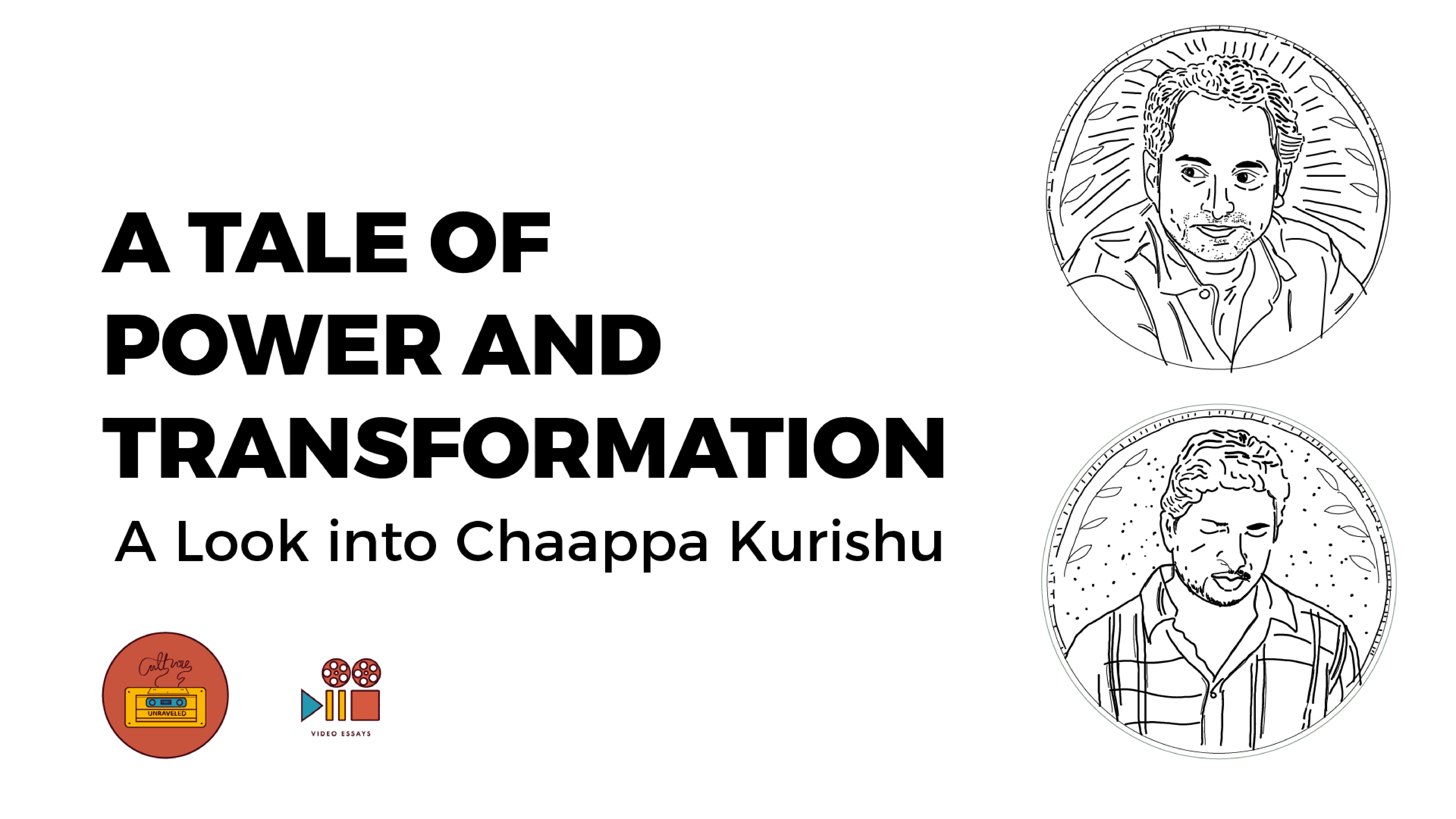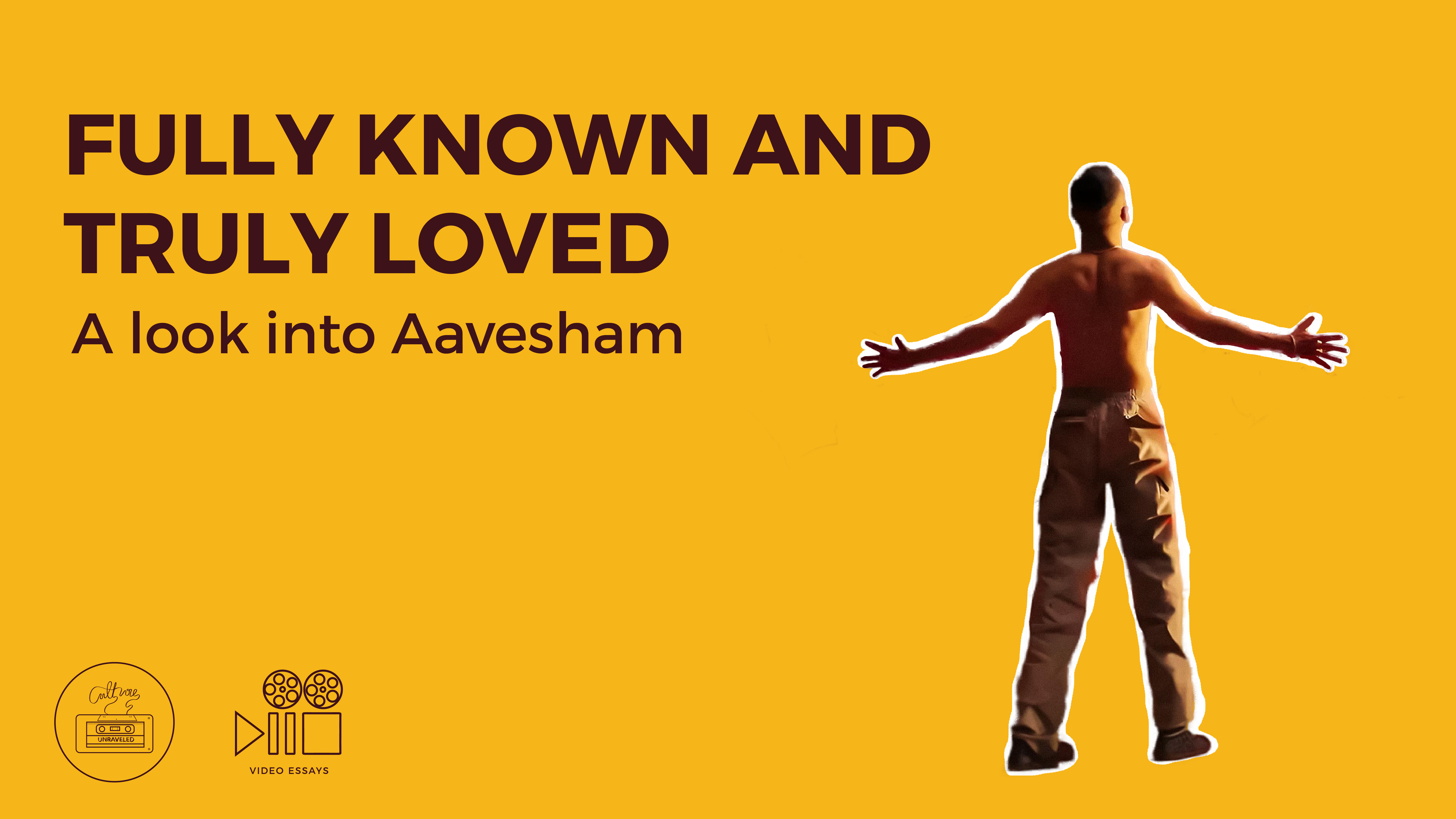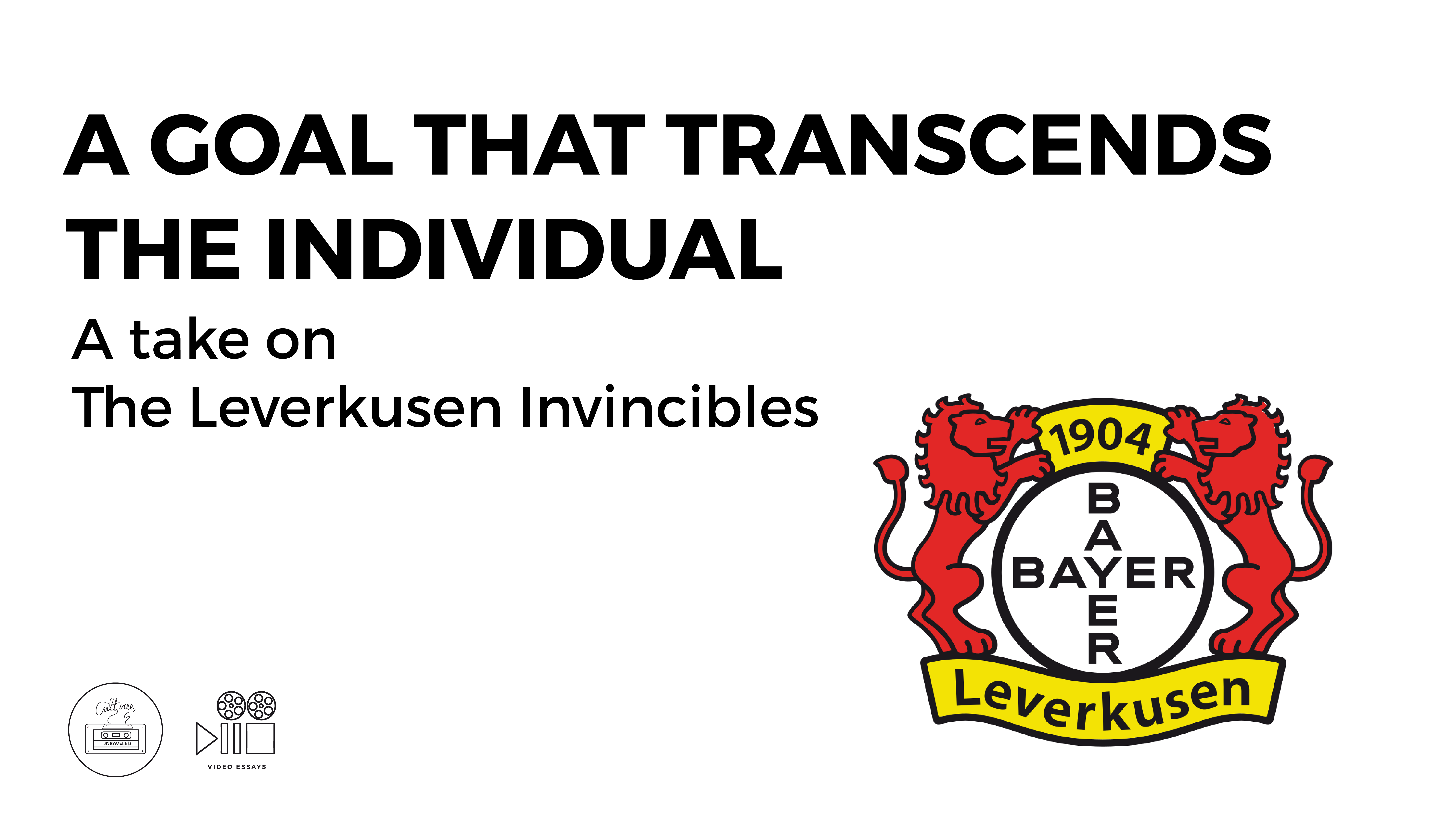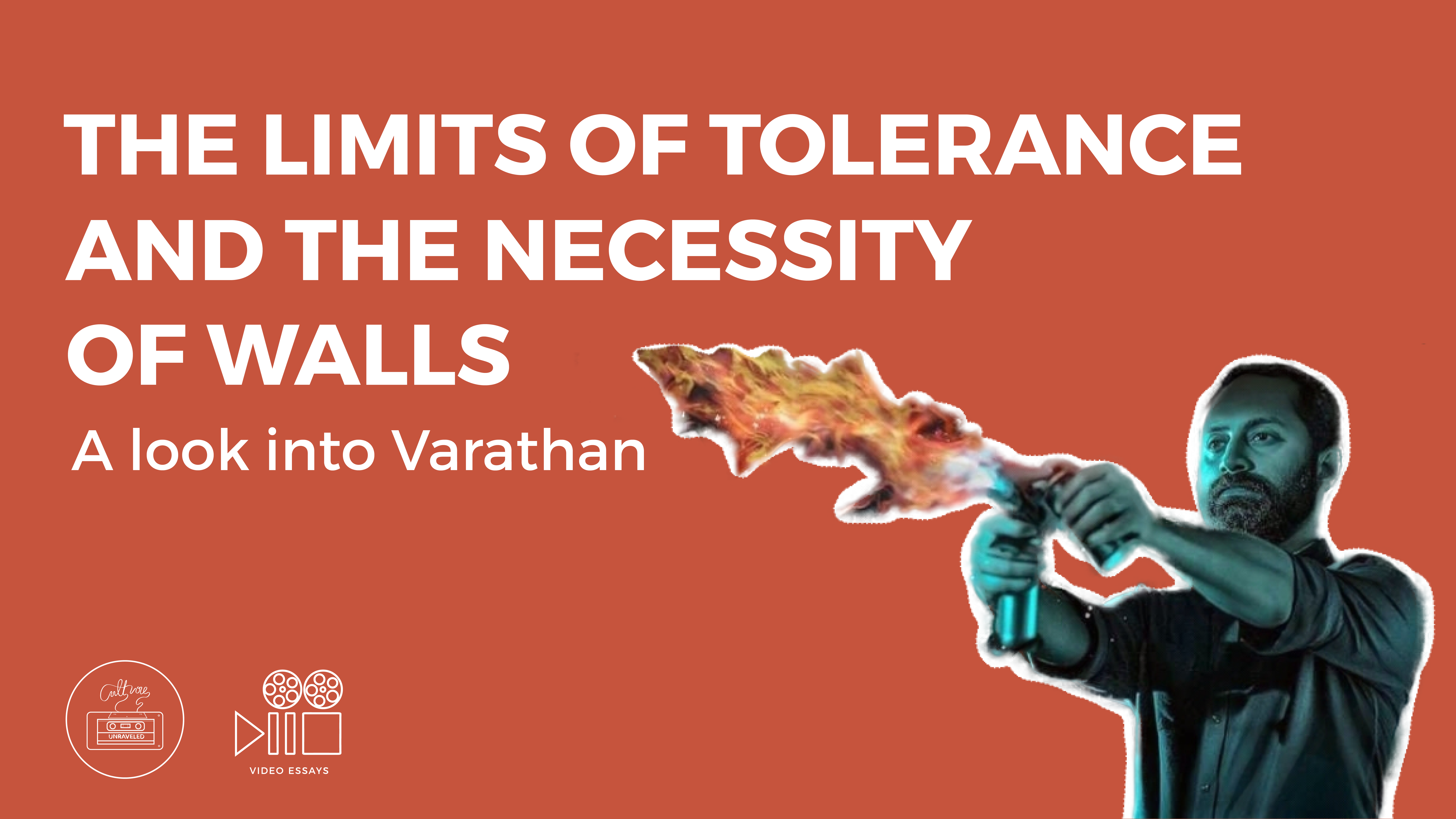
The movie ‘Hi Nanna’, tells a warm yet captivating tale of love amid pain, sickness, regret, and a whole lot of emotional damage. The story invites us to consider how suffering is integral to genuine love. As we navigate the journeys that the main characters take, we are left with a soul-stirring reminder that the one who truly loves not only delights in their beloved but also has the strength and will to ‘suffer with’ them.
The story begins with the lives of a single father, Viraj, and his six-year-old daughter, Mahi, who cannot come to terms with not knowing her mother. Viraj intentionally avoids talking to Mahi about her mother because of a deep wound in the past. One day, Mahi meets a woman called Yashna, who is immediately amused by her precious childlikeness. As Mahi turns to leave, Yashna notices a huge truck speeding towards the child. Even before she knows it, she instinctively rushes towards Mahi and shields her from the truck. Fortunately, the truck driver stops, leaving them safe.
As the story unfolds, we get a glimpse into a father’s commitment to protect his daughter from the pain of not having her mother around. Simultaneously, as Yashna is introduced into the story, we see that she was willing to give up her life for Mahi’s sake. Although, at this point, it is hard to make sense of Yashna’s actions, we see that her affection for Mahi gave her the strength to risk her life for her.
Meanwhile, Viraj frantically searches for Mahi when he finds them sitting at a coffee shop. Yashna quickly befriends him, and she convinces him to tell Mahi about her mother. Despite his initial reluctance, he reveals to them their story of love, marriage, and parenting Mahi, who has a rare disease called cystic fibrosis. One day, they meet in a car accident, and Varsha incurs serious injuries and loses her memory. At the hospital, Varsha’s mother manipulates Viraj and convinces him to stay away from her. Even as Viraj ends the story, we see that he does not fully reveal that Yashna was, in fact, the woman in the story and Mahi’s mother.
At this point, we see that Yashna does not recognize herself as Varsha, but as she listens to the story, she feels deeply attached to it. She instinctively empathises with her daughter’s pain, despite not being able to recognize her. Her willingness to risk her life and her instinct to feel her daughter’s pain as though it were her own portray her incredible strength to partake in her daughter’s suffering.
When Viraj realises that Yashna was engaged to another man called Aravind, he decides not to reveal the truth to Yashna to avoid triggering a painful trauma. He even dismisses Yashna when she expresses her love for him, leaving her to despairingly prepare for her wedding day. But Mahi unavoidably learns that Yashna is her mother and breaks down with respiratory failure. Viraj rushes her to the hospital, and they leave the wedding scene.
When Viraj dismisses Yashna’s love for him, he does so regretfully. Yet he also willingly denies himself a reunion with Yashna to avoid causing her unnecessary confusion and pain. Although he hurts her by rejecting her proposal, he also bears the pain of separation so that Yashna does not have to relive a painful trauma.
Meanwhile, Yashna’s father tells her of Mahi’s condition. With Aravind’s consent, Yashna deserts the wedding and rushes to the hospital to meet Viraj and Mahi. On meeting them, she encourages Mahi to fight for her life and assures her of her love. Not knowing that she was speaking to her daughter, Yashna confides in Viraj that she wishes she was Mahi’s mother. A tearful Viraj embraces her tightly, and the movie ends with a grown-up Mahi performing a song that she learns from Yashna.
As the curtains close, we see how Yashna’s love for Viraj and Mahi goes beyond the barriers of misunderstanding and separation. Despite the heartache and suffering she endured, it is evident that her love for them is unwavering. In the same way, Viraj’s readiness to sacrifice his marriage with Yashna to protect her portrays a profound willingness to love her despite the pain.
“Hi Nanna” is a heartwarming story about how suffering is inseparable from genuine love. The story reminds us that the nature of one’s love is revealed, not in the absence of suffering but rather as one goes in and through it. It points us to the hope that suffering for the sake of the ones we love does not diminish our capacity to love them but rather strengthens it. In the end, when love is strengthened amid adversity, only then does it become powerful enough to unite us in unimaginable ways.
_________________________________________
Written by Roselina Vundi

